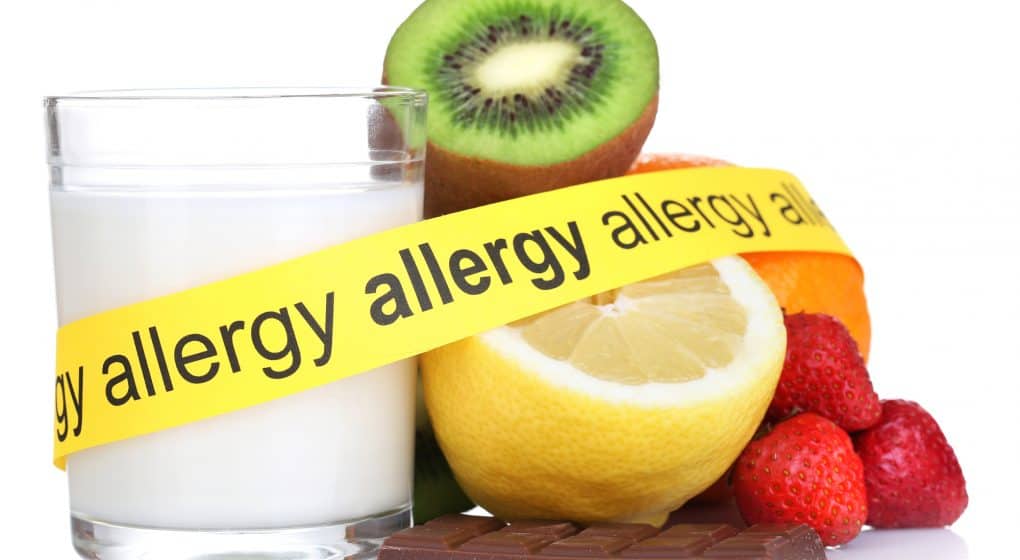
Nutritional experts suggest around a quarter of people will develop problems with certain foods at some point in their lives. No matter how careful we are with what we eat, unexpected allergies or intolerances can develop at any point (although food allergies are more common in early childhood).
Why Food Allergies Are Dangerous
Food allergies can result in severe allergic reactions – some of which can even be life-threatening, such as anaphylaxis, which will necessitate a trip to the emergency room for a shot of adrenaline. Anaphylaxis is so dangerous because it can cause constricted airways, decreased blood pressure, resulting in suffocation through swelling of the throat, and also cause shock (called anaphylactic shock). Moreover, not dealing with food allergies effectively when they occur can dramatically increase your chances of developing:
- Cognitive problems or issues concentrating
- Learning disabilities as well as other associated mental problems
- The development of arthritis
- Contracting asthma or other breathing issues
- Deficiencies in nutrients essential for physical and/or mental development
- Problems with mood and emotions
- Skin conditions such as spots, skin redness, or rashes
- Autoimmune system problems
- Insomnia or other sleep-related issues
- Weight gain – or loss
- Problems with your kidneys or gall bladder – which can go on to pose considerably more significant issues
- Headaches and migraines
- Chronic pain or spasms
Very often, individuals will suffer more than one of these problems at once, which can make diagnosing food allergies all the more difficult as these symptoms are very easily confused with other conditions.
Ways to Avoid Problems with Food
Despite the dangers of food allergies, there are thankfully numerous ways you can mitigate the risk of developing problems. Here are just a few steps you can take:
Avoid foods known to be problematic: Some foods are already known to have the potential to cause issues such as inflammation, problems with digestion, or a weakened immune system. Avoiding foods that contain artificial flavorings or colorings, sugar or gluten can go a long way to eliminating issues before they start.
Cow’s milk, eggs, wheat, soy, peanuts and fish (including shellfish) are all widely-recognized as potentially dangerous so, if you have problems with food, try cutting these out first, one by one, to try and find the source of the issues.
An elimination diet, which is reducing the intake of foods one by one, can go a long way to helping you find where your problems lie. You could also try taking food intolerance tests online to gradually whittle down and identify the foodstuffs that are causing you problems.
Try eating foods commonly seen as having less potential to cause issues: Just as some foods are known to cause problems, there are many that are widely believed to help reduce issues. Green leafy vegetables like watercress, spinach, romaine, and kale are high in antioxidants, vitamins, and enzymes that will help strengthen your immune system and reduce the chances of allergy symptoms. They’re all also particularly good for your immune system. Other good foods include probiotic foods, coconut milk, seeds, and gluten-free flour or grains.
Try adding supplements to your meals: While it might seem a little unnatural at first, adding supplements to your meals is one of the best ways to solve food allergies while still ensuring your body is getting all the nutrients it needs. Adding digestive enzymes will help ensure your body has everything it needs to break down food efficiently, while probiotics can also have a dramatic effect.
